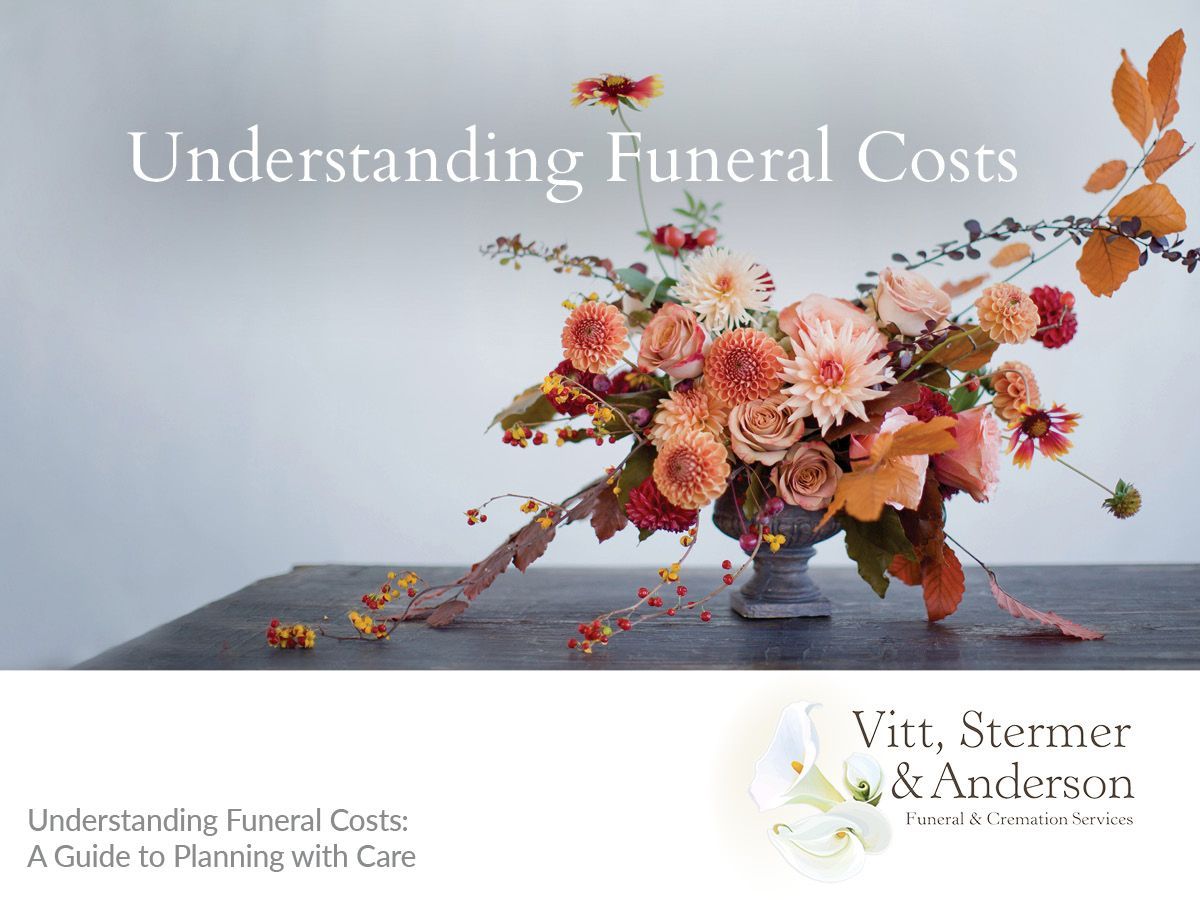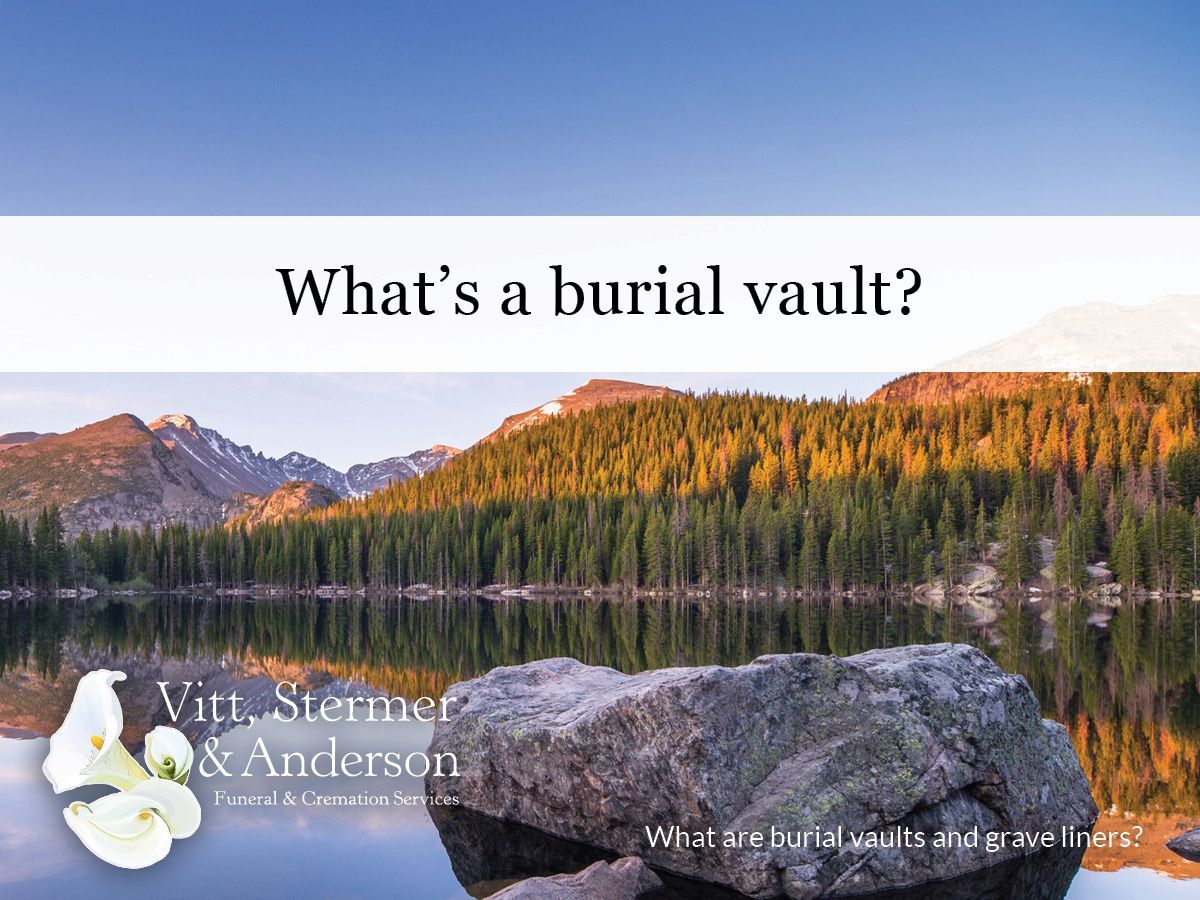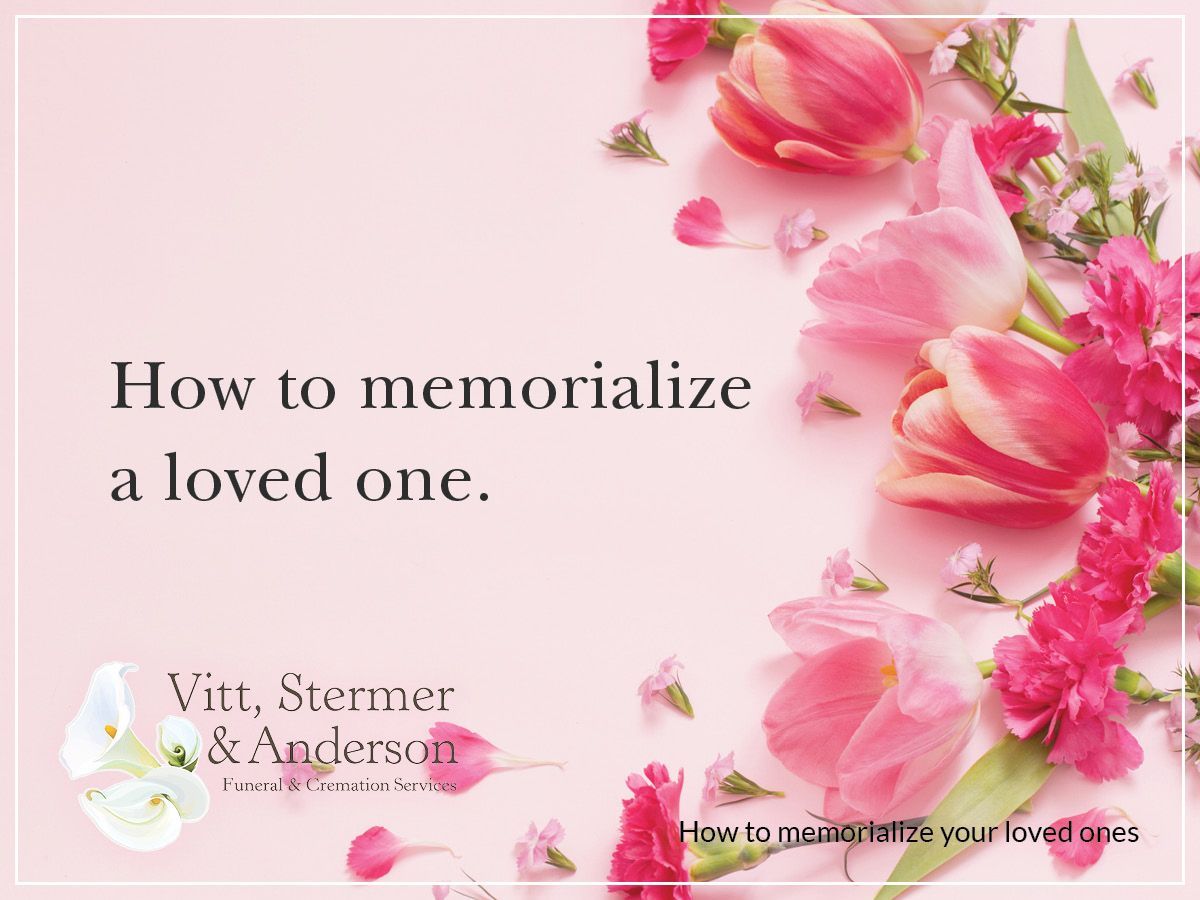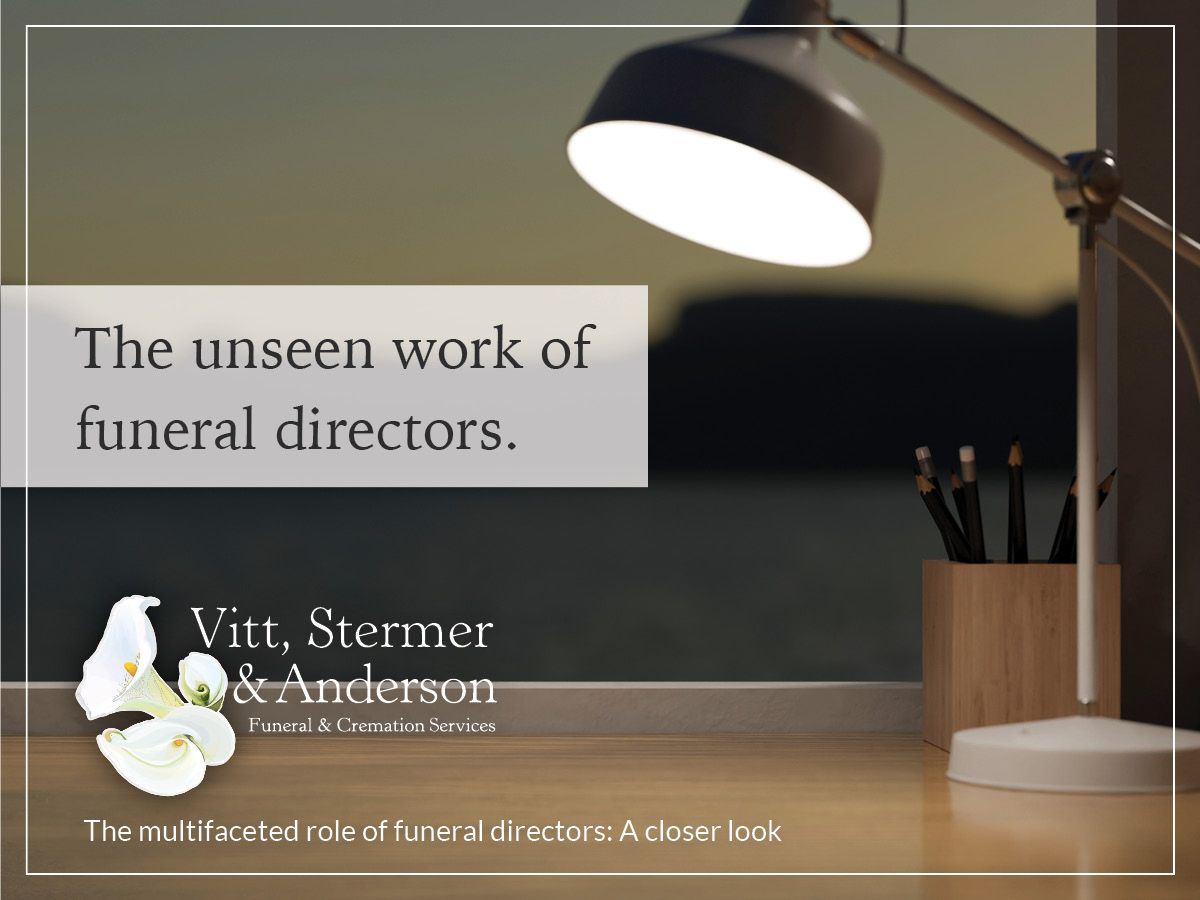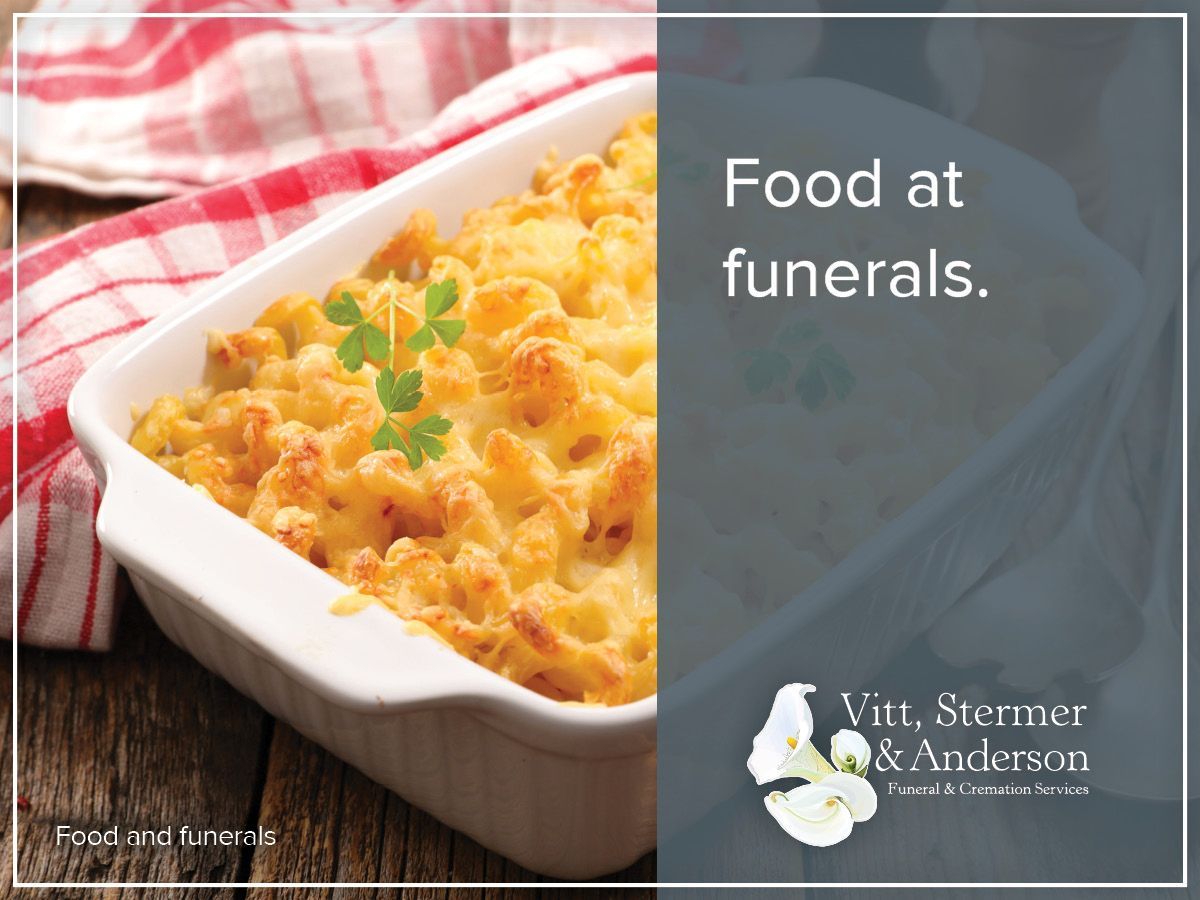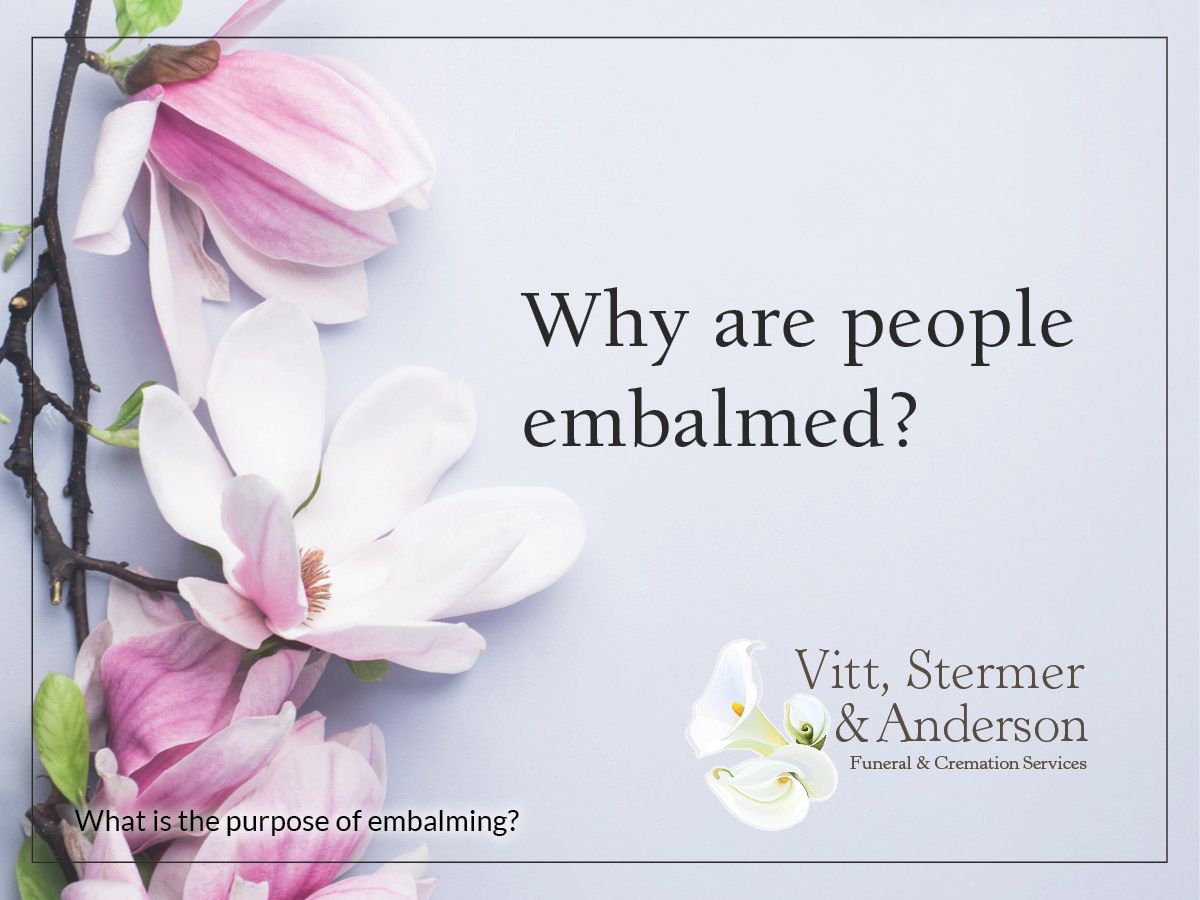Embalming: Do I Have To?
Whether we know it or not, the decedent has likely been embalmed when we attend their funeral. The process involves injecting them with embalming fluid, preserving them for funerals and viewings. Embalming is a generally accepted practice, at least in the United States, but it’s actually been around much longer than the U.S. has.
Ancient Egyptians are considered the first people to practice embalming. But the Civil War is a major reason why embalming is so prevalent in the U.S. Wealthy northern families paid to have their loved ones returned to them when they died in battle, which required embalming. When President Lincoln was assassinated, he was embalmed to allow his body to travel to his final resting place in Illinois. Americans came out to pay their respects along the way, and for many, it was also the first time they saw an embalmed body. Since then, embalming has become very common throughout the U.S., but why exactly are people embalmed? And does everyone have to be?
Why do people get embalmed?
Our bodies start to decompose just minutes after we die. When people are embalmed, that decomposition process isn’t entirely stopped, but it is temporarily slowed down for funerals. The main reason why we embalm is to preserve the decedent as they looked in life for their funeral. The embalming process helps restore the person’s appearance, making them look peaceful for their goodbyes with their loved ones. It gives grieving families a chance to see their loved ones for a final time where they look like themselves.
An embalmer’s job is unique and requires great skill and care. If the decedent died in a way where they received fatal and disfiguring injuries, an embalmer performs post-mortem surgery to reconstruct them. It’s hard to say goodbye to a loved one, but it’s especially challenging if the loved one looks very different from how they did in life. An embalmer’s goal is to allow family and friends to get closure by seeing them at peace, which can require extra care depending on how they died.
Do you have to be embalmed?
Embalming is not required by law. In fact, any funeral home stating otherwise is breaking the Federal Trade Commission’s Funeral Rule. However, every state does have different rules about when embalming is required for certain funeral procedures. For instance, in California , a decedent must be either embalmed or refrigerated if they are not buried or cremated within 24 hours after death. If a loved one died away from home and their family wants to ship them back to their home state by airplane, they must be embalmed. If embalming isn’t possible, they must be sent in an approved, air-tight container. Other states, like Michigan , require the decedent to be buried or cremated within 48 hours if they’re not embalmed.
To comply with these state restrictions, funeral homes have specific policies in place regarding the requirement of embalming. While planning a loved one’s funeral, it’s essential to be aware of your state’s laws and how they might affect the funeral process. If the funeral home is in a state like Michigan, and you intend to hold the funeral until after 48 hours have passed since the decedent died, the funeral home will be required to embalm them.
Regardless of state laws, each funeral home may still have different policies regarding embalming. Most funeral directors will recommend that you choose to embalm your loved one if you want to have a viewing or open-casket funeral. But as long as you comply with state laws in regards to timing, you don’t have to follow their recommendation. However, in the U.S., it’s worth noting that most funerals take place three to seven days after the death of a loved one, when embalming or refrigeration would be required by most states.
If you choose to cremate your loved one before the funeral, you do not have to embalm them first. If a funeral home is telling you otherwise, they are also breaking the Funeral Rule. But, again, timing matters. If you do not cremate within the allotted time allowed in your state, you will have to embalm or refrigerate your loved one, depending upon what’s in your state’s law.
There are certain types of funerals where embalming is not only not required, but it’s also not allowed. In Judaism and Islam, embalming is forbidden, and the loved one must be allowed to decompose naturally. If you’re having a natural or green burial, the decedent is simply placed in a biodegradable container and placed in the earth. Anything that’s not biodegradable or contains added chemicals, as embalming fluid does, is not permitted. There are also guidelines about embalming when a person has died from a highly contagious disease. Embalming is forbidden in Hawaii in this case, but most often, it’s up to the funeral home to determine when embalming should or shouldn’t be allowed in the case of death by dangerous disease.
Although embalming is a common practice, not everyone will be embalmed. Nor do they have to be. Whether or not a person is embalmed depends on what they want in their funeral, their religious preferences, and when and where their funeral will occur. When a loved one passes, it’s important to talk to their funeral director so that you understand if embalming will be required.

